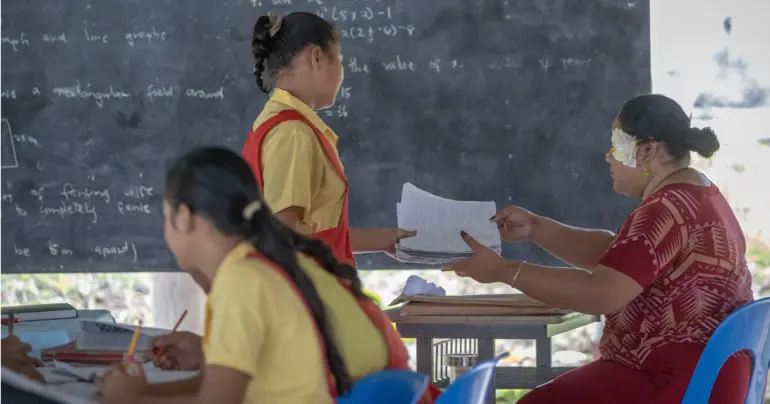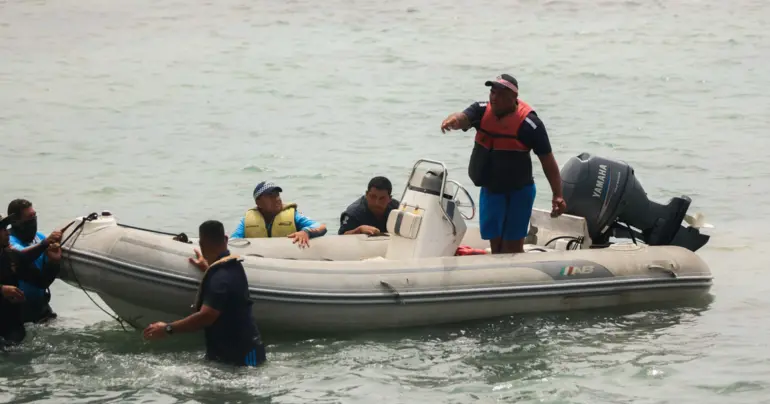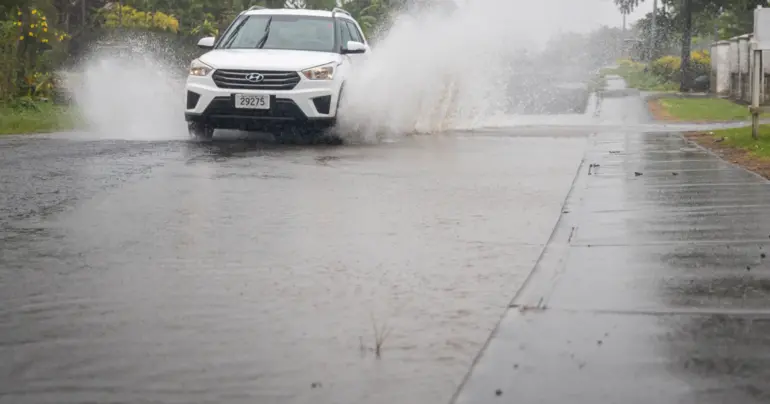Improving Samoa's healthcare through private-public partnerships
It is pretty clear now that improvements to the public health system will take more than a little time and the promises made by the former administration of a private-public clinic were not even put into a plan.
It has been said more than once that Samoa’s public health service is not operating at full capacity, there is a shortage of specialists, nurses and equipment.
Most have immigrated to Australia, American Samoa and New Zealand for higher salaries and job satisfaction, newer infrastructure and equipment, better pharmaceuticals, and established tariff systems.
There are also not enough students taking up medical courses at the National University to roll out the numbers that will fill the gap in healthcare.
The Health Director General Professor Alec Ekeroma said on Saturday that he has "never" seen any plans, which would have confirmed the former administration's intentions. While this statement was in regards to the old Medcen building, it also showed a lack of will to set up private public partnerships in healthcare.
"I have not seen any plans and I have spoken to the Executive Director of Apollo Hospitals and they did not say a thing," said Aiono.
"All I know is that the former administration was trying to sell Medcen for years and no buyers came forward."
In 2020 the former administration announced plans in a televised program to use the bankrupt MedCen hospital as a hub to provide medical specialised treatment.
The former prime minister also talked about the possibility of bringing in specialists from private hospitals in India, Apollo, and Fortes to reside in Samoa.
Even with the change in government, there are no words if a private public partnership model will be considered to improve healthcare in the nation.
What is private-public partnership in the health system? They are contract-based investment partnerships between a government and private company for the supply of infrastructure or delivery of a service, traditionally provided by the state.
In this partnership, the private sector is responsible for raising the up-front costs for the investment, which is then repaid by taxpayers over the course of the contract, during which period the private company most commonly builds, maintains and operates the infrastructure or supplies the service.
Private companies are contractually guaranteed to make a profit on their investment.
How will this help Samoa deal with its inefficiencies in the health system? We have witnessed many challenges that need to be overcome to attract investment that would improve Samoa’s healthcare sector.
Subsequently, the lack of infrastructure and skilled health workers in Samoa has significantly reduced the quality of services, affecting both visitors and Samoans. While tourists travel to Samoa for leisure and business, residents have to travel out of Samoa to seek healthcare services—especially tertiary care such as heart surgery and cancer treatment.
Accessing specialty care in countries like Singapore, Australia, New Zealand, and India is costly and even the money set out in the national budget is not enough.
Private public partnership in healthcare will allow for specialists and nurses to work out of Samoa. The nation will also be able to offer services such as heart surgeries and cancer treatments locally without having to spend millions of dollars for such treatments abroad.
For this to happen, the government also needs to set up the proper legislations that allow private-public partnerships to work. It has happened within the region. Fiji’s parliament passed the Fiji Islands Public Private Partnerships Act in 2006, eight years before Papua New Guinea (PNG) followed suit, by adopting the Public Private Partnership law, in 2014.
Fiji’s Public Private Partnerships Act of 2006 was repealed in 2019 to make it less restrictive in securing investment. Shortly afterwards, Fiji entered into its first contract, which involved private financing with multilateral development banks involving two public hospitals.
The International Finance Corporation (IFC) has helped Fiji build the framework and structure a transaction to attract investment partners that could help through a public-private partnership and the same can be done for Samoa given there is a strong political will to have this.
More than a week ago, the Samoa Observer published an article where Samoa Surety Insurance provided medical care to 105 staff of Vodafone Samoa. Under this medical cover, if overseas medical care is needed then they are taken to Fiji first.
Private-public partnerships and legislation to allow investment into the health sector has upgraded health systems in Fiji.
As the lead transaction adviser, the IFC helps governments establish a solid regulatory foundation required for implementing private public partnerships. The same can be done for Samoa. All that is needed is thought being given in the right direction.
There is a need for strong political will to improve healthcare in Samoa.











